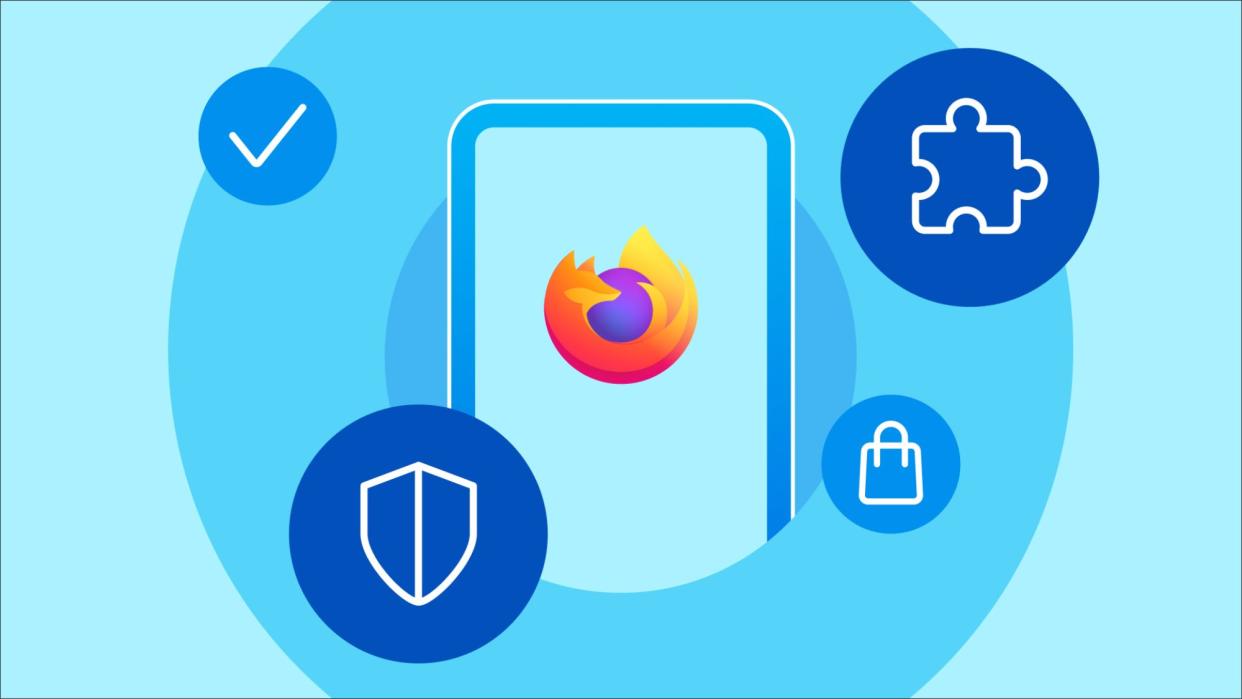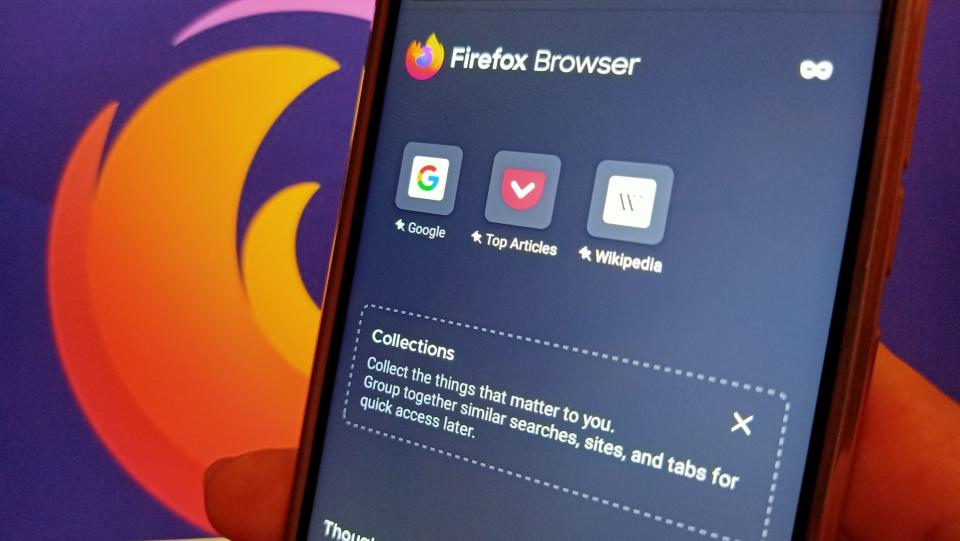Firefox for Android gets a big upgrade, adding hundreds of extensions

What you need to know
Firefox for Android gains support for extensions, with more than 450 available now.
The aim is to bring a desktop-like browser experience to Android, adding more capabilities to the browser.
Ghostery, Privacy Badger, and Dark Reader are already on the list of available extensions.
Mozilla kept its promise by finally bringing support to extensions for Firefox on Android. The company has announced more than 450 new extensions for the mobile browser, which are now accessible.
Mozilla notes in its recent announcement that this move opens up a new open extension ecosystem for smartphones, allowing developers to create and publish extensions and users to install them on Firefox for Android.

Browser extensions do a great job of providing a better web experience, although usually only desktops have taken full advantage of the extensions. Mozilla is aiming to bring a similar experience through Firefox on Android with the new extension support. These extensions include several privacy tools like "anti-trackers and ad blockers, productivity tools, tab managers, translators, and so much more."
Some such notable extensions highlighted by Mozilla include add-ons like uBlock Origin content blocker and Ghostery, anti-trackers like Privacy Badger, and Dark Reader, a tool that makes your web experience go dark when needed.
Significant support for extensions was removed from Firefox back in 2020 following a major overhaul of the app. Since then, it's been a highly-requested feature, as the app could support a handful of options. Of course, Google's Chrome browser is a popular mobile option, but it doesn't support extensions. Android Central's Andrew Myrick notes that bringing back extensions to Firefox would tempt him to switch over.
"As someone who tends to work from a foldable phone from time to time, extension support has been something I've wanted for a long time," he writes. "If implemented correctly, I might just say goodbye to Chrome on my phone and personal desktop computer and make the switch to Firefox."
As mentioned, this extension support was initially announced in August, when Mozilla urged developers to create extensions for mobile by providing necessary guidelines and tools. This allowed them to test the extensions before producing them for the mobile browser. Mozilla also launched a dedicated landing page to help users discover recommended extensions for their browsers.

